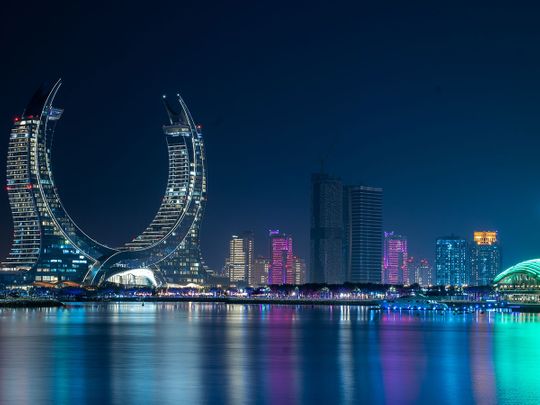
Dubai: Qatar is on track to double its economy by 2031and is poised to restore government revenues to levels seen before the 2014.
This is a positive trajectory to Qatar’s strategic position in the global energy market and its ongoing economic diversification efforts, according to a Standard Chartered analysis.
As the world's sixth-largest gas producer and holder of the third-largest gas reserves, Qatar is well-positioned to benefit from rising hydrocarbon prices.
Standard Chartered notes that Qatar’s non-oil economy is experiencing steady growth, now accounting for two-thirds of the nation’s gross domestic product (GDP).
The country’s global profile was significantly elevated following its hosting of the FIFA World Cup 2022, and recent forecasts from the International Monetary Fund (IMF) and the World Bank indicate continued economic expansion, with growth expected to reach 2.1 per cent in 2024 and accelerate to 3.2 per cent in 2025.
The World Bank highlighted the dramatic drop in oil prices between 2014 and 2016, largely driven by increased US shale production.
The analysis points to rising oil demand and projections of Brent crude prices reaching $100 (Dh367) per barrel by year-end as potential drivers of increased revenues for Qatar. Qatar’s growing liquefied natural gas (LNG) sector is anticipated to further bolster the economy. The country’s plan to boost North Field output by 85 per cent by 2025 is expected to nearly double its natural gas production by the end of 2030, from the current 77 million tons per annum.
The report highlights that Qatar’s Third National Development Strategy will be a crucial factor in achieving its 2031 economic goals. This strategy aims to advance economic diversification and create a favourable environment for investment and business.








